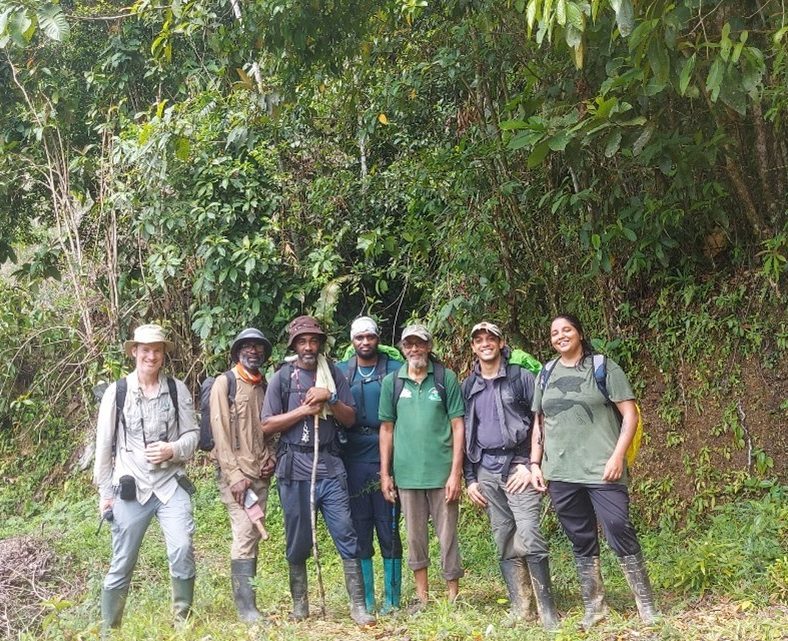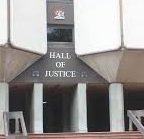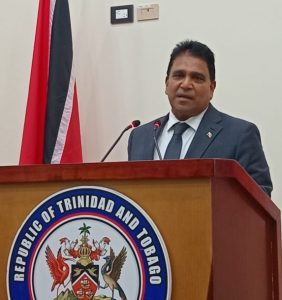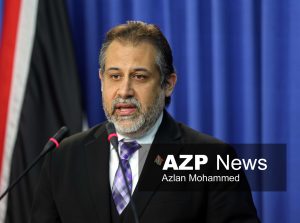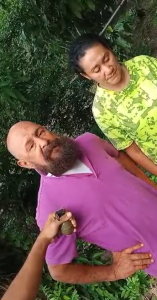Caption: From left, Mark Hulme, of The UWI, Richard Smith, Nigel Robinson and Shivam Mahadeo – Pawi Field Team, Carl Fitzjames – ARC Conservation, Rishi Deosaran – EMA, and Nadia Ward – ARC Conservation, during one of the field surveys
IN an effort to protect the critically endangered Trinidad Piping Guan, known locally as the Pawi, the Environmental Management Authority (EMA), together with The University of the West Indies (UWI), has embarked on an initiative to revise the bird’s Management and Recovery Plan.
The Pawi, endemic to Trinidad, is crucial in maintaining forest health through seed dispersal.
However, its population has dwindled due to habitat loss, hunting, and environmental degradation. Recogniaed as “Critically Endangered” by the International Union for the Conservation of Nature (IUCN), the Pawi has been protected under the Conservation of Wildlife Act since 1963 and further designated as an Environmentally Sensitive Species (ESS) by the EMA.
In 2011, a Management and Recovery Plan was developed, identifying key actions to conserve the Pawi, including studying its distribution and population size.
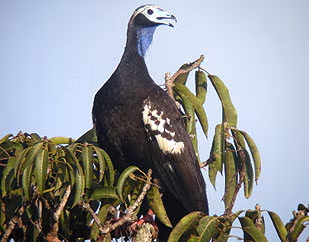
Despite progress, ongoing challenges necessitate a revision of the plan and updated data on the bird’s distribution.
To tackle these issues, the EMA and UWI have initiated a Public Sector Investment Programme (PSIP) project called “The Revision of Priority Actions of the Management and Recovery Plan for The Pawi (Pipile pipile), An ESS”.
This project aims to address emerging threats and fill knowledge gaps about the species’ conservation needs.
A crucial part of this initiative was a two-day training workshop at the Caroni Swamp Visitor Centre, focusing on community development and citizen science.
Stakeholders from various sectors were trained to use wildlife acoustic monitors and artificial intelligence for identifying unique bird songs.
Participants will now assist in field surveys during the Pawi’s peak sound activity season, which runs from January to May. These efforts will inform the updated Management and Recovery Plan.
By fostering cross-sector collaboration, this project aims to establish sustainable conservation practices, strengthen local monitoring capacities, and ensure the long-term protection of the Pawi, continuing beyond the PSIP project’s lifespan.
![]()


